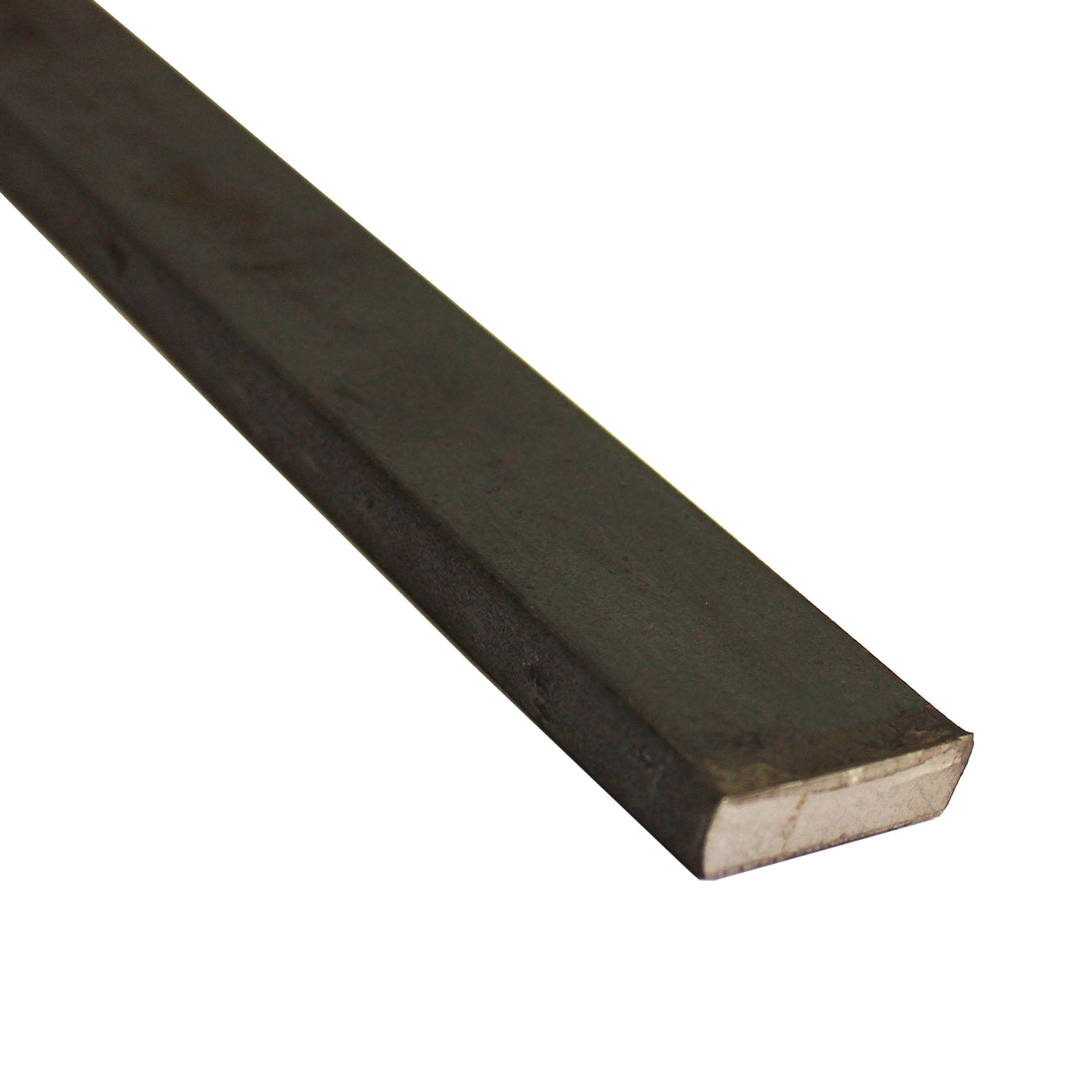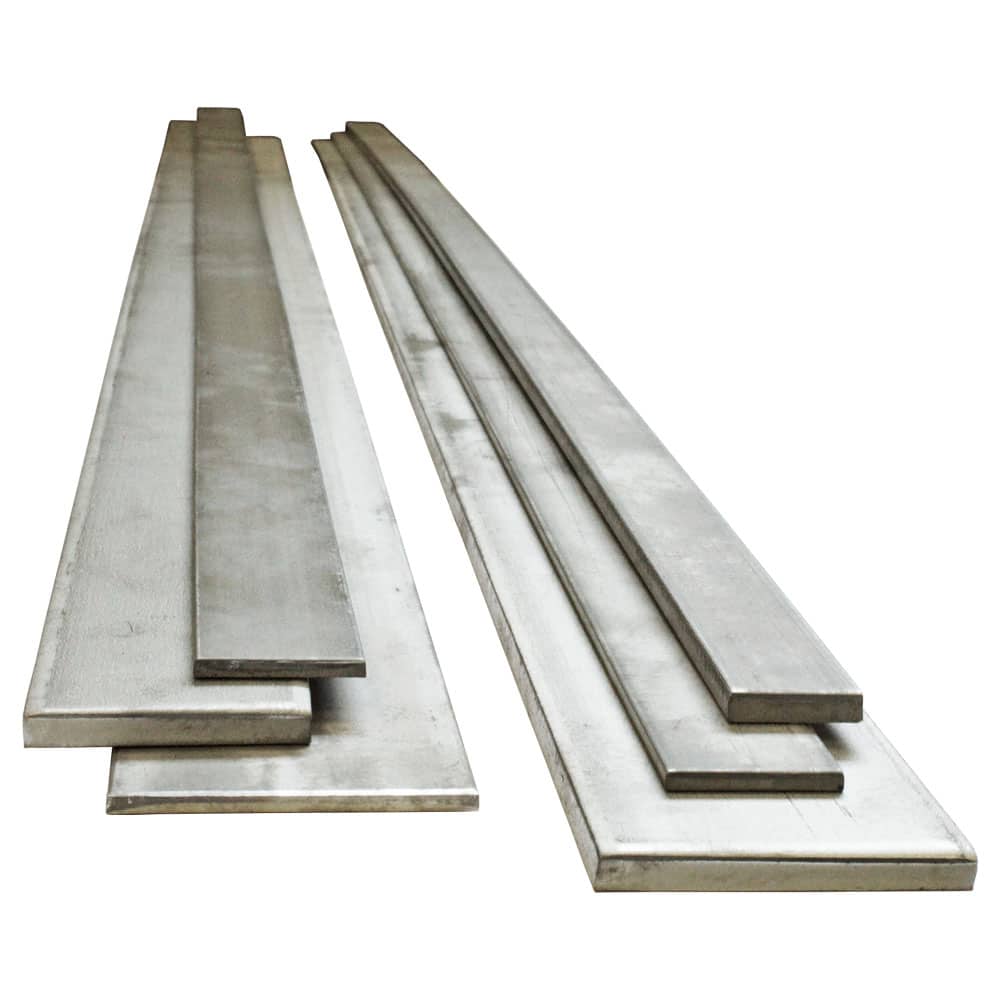- Massive Range
- FREE UK Delivery
- Rapid Dispatch
- Massive Range
- FREE UK Delivery
- Rapid Dispatch
- Massive Range
- FREE UK Delivery
- Rapid Dispatch
£10.99 – £18.99 inc VAT


This website is secured:
£ MULTIBUY SAVINGS – Order 3 For 10% Off
✔ Specialists In Rapid Shipments Of Any Size
✔ FREE UK Delivery Included
✔ Immediate Express Dispatch From Stock
✔ Tracked Delivery with Order Updates
✔ 30-Day Returns Accepted
£ Check Out Our Clearance Listing For Savings
@ ☏ Bespoke Sizes & Larger Sheets Available
If you’re looking for a versatile and durable flat steel plate, we’ve got just the thing – the 13mm Width x 5mm Thick Flat Steel Bar Solid Metal Plate from Speciality Metals. This UK supply comes in various lengths, making it easy to find the perfect size for your next project. Not only is it cost effective, but it also has great welding, forming, bending and machining abilities, making it an ideal choice for a range of applications. Plus, as a recyclable and malleable material, you can feel good about using this flat steel plate. So whether you’re a DIY enthusiast or a professional builder, this steel plate is sure to meet your needs.

Our flat steel bar is available in S275 grade. Engineers and contractors use flat bar extensively in the manufacture of support braces, latches, mechanical parts, industrial tools, etc., as well as for many DIY projects.
For those in need of sturdy and reliable steel material, the mild steel flat bar offers a versatile solution. As a popular choice in the construction and manufacturing industries, this steel strip provides a solid foundation for various structures and machinery. With its uniform width and thickness, the mild steel flat bar offers consistent strength and durability for a wide range of applications.
As a result of its good to excellent formability, mild steel flat bar can easily be joined by welding processes or by means of fixings such as rivets, bolts and screws.
Speciality Metals offers a range of durable, versatile, and cost-effective flat steel bars for welding, forming, bending, and machining. Designed to last, these 13mm wide by 5mm thick metal plates come in various lengths for your convenience, making them ideal for a range of applications. Not only are they malleable and easy to bend to your desired shape, but they are also recyclable, making them a more environmentally-friendly option. If you’re looking for a strong construction material or a decorative element for custom furniture, these solid metal plates will not disappoint. Trust in Speciality Metals for all your flat steel bar needs in the UK.
Key information:
Speciality Metals are the best suppliers for you because:
We also carry a wide range of mild steel sheet metal, angle iron and round tube.
Yes, mild steel bars can be used as grounding or earthing strips. Grounding, or earthing, is essential for ensuring the safety of electrical systems, as it provides a path for fault currents to dissipate into the earth, thereby preventing potential hazards. Mild steel, due to its good electrical conductivity and relatively low cost, is often employed in grounding applications.
However, there are a few considerations to keep in mind:
Corrosion: Mild steel is more susceptible to corrosion compared to other materials like copper or galvanised steel. If used in environments where there’s potential for moisture or corrosive elements, it can deteriorate over time, compromising the efficiency of the grounding system. It’s crucial to regularly inspect and replace corroded parts or to take preventive measures, such as using corrosion-resistant coatings.
Conductivity: While mild steel does have electrical conductivity, it is not as efficient as copper, which is often the material of choice for earthing strips due to its high conductivity and resistance to corrosion. The difference in conductivity might mean that thicker mild steel bars or additional grounding points might be required to achieve the same level of protection as with copper.
Mechanical Strength: Mild steel has a good mechanical strength, which can be an advantage in situations where the grounding strip may experience mechanical stress.
Yes, mild flat steel bars can be laser cut. Laser cutting is a versatile and precise method used for cutting a wide range of materials, including metals like mild steel. When utilising laser cutting for mild flat steel bars, several benefits and considerations arise:
Precision: Laser cutting offers high precision and can produce intricate designs and sharp corners on mild steel bars. It’s particularly useful for producing parts with tight tolerances and intricate patterns.
Smooth Edges: One of the advantages of laser cutting is that it provides a clean, smooth finish on the cut edges. This often reduces the need for post-processing or finishing steps.
Heat-Affected Zone (HAZ): Laser cutting does produce heat, which can result in a heat-affected zone around the cut. In mild steel, this can lead to changes in the microstructure of the metal adjacent to the cut. However, with proper settings and modern laser equipment, the HAZ can be minimised.
Speed and Efficiency: Laser cutting is generally faster than traditional mechanical cutting methods, especially for complex shapes or patterns.
Thickness Limitations: While laser cutting is effective for mild steel, the maximum thickness that can be efficiently cut depends on the power of the laser being used. For very thick bars, other cutting methods might be more appropriate.
Cost: Laser cutting can be more expensive than some traditional methods, especially for small batches. However, its precision and efficiency can offset the cost in many applications.
Making mild flat steel bars food safe often requires the application of coatings to prevent the steel from corroding and leaching harmful substances into food. If mild steel comes into direct contact with food, especially acidic or salty foods, there’s a risk of corrosion and contamination. Here are some common coatings and treatments to make mild flat steel bars more suitable for food contact:
Stainless Steel Cladding: While not exactly a “coating”, one can clad mild steel with a thin layer of stainless steel. Stainless steel is inherently more resistant to corrosion and is commonly used in the food industry.
Epoxy Coatings: These are commonly used to coat the inside of food cans and other containers. Epoxy coatings provide a hard, durable surface that resists chemicals and can protect the underlying steel from corrosion.
Food-Grade Paints: These are specifically designed to be safe for food contact. They’re resistant to the types of wear and cleaning agents typically found in food processing environments.
Teflon or PTFE Coatings: Known for their non-stick properties, these coatings are also resistant to many chemicals. They can provide a smooth, easy-to-clean surface that’s safe for food contact.
Ceramic Coatings: These coatings are hard and can provide a smooth surface that’s resistant to chemicals and high temperatures.
Electroplating: Techniques like nickel or chrome plating can provide a protective barrier over the mild steel. However, it’s crucial to ensure that the plating is uniform and free of defects to avoid any exposure of the underlying steel.
Powder Coating: This is a dry finishing process that can provide a protective and decorative finish. Food-grade powder coatings are available that are safe for direct food contact.
Hot-Dip Galvanising: This process involves coating the steel with a layer of zinc to protect it from corrosion. However, galvanised surfaces aren’t typically recommended for direct food contact, especially with acidic foods, as they can leach zinc.
Check out our recent article ‘Everything You Need to Know About Bright Mild Steel Flat Bar’ for a deeper dive into steel metal strip.
Our goal for our blogs and help guides is to answer as many questions as possible to help to explain the possibilities of mesh to our customers.
We are also very proud of our ever expanding YouTube channel.
Contact us today if you have any questions at all. We are always really keen to help in any way that we can.
We are also very proud of our highly popular eBay store, check us out there too.
Thank you for checking out our product.
£10.99 – £19.99 inc VAT
£11.99 – £34.99 inc VAT

£10.99 – £19.99 inc VAT

£11.99 – £34.99 inc VAT
Speciality Metals
Unit 1, Farrell Street, Warrington,
Cheshire, WA1 2WW, United Kingdom
Quick Links
Payment Options
